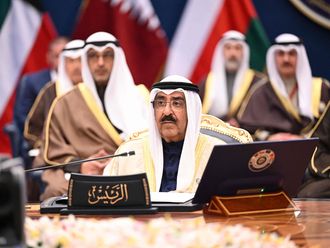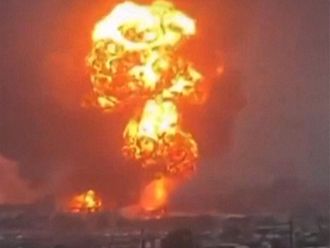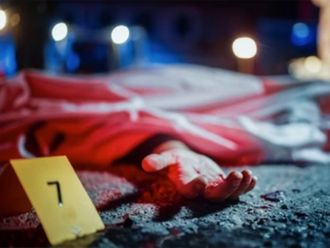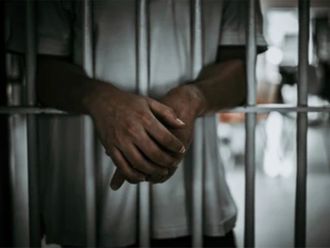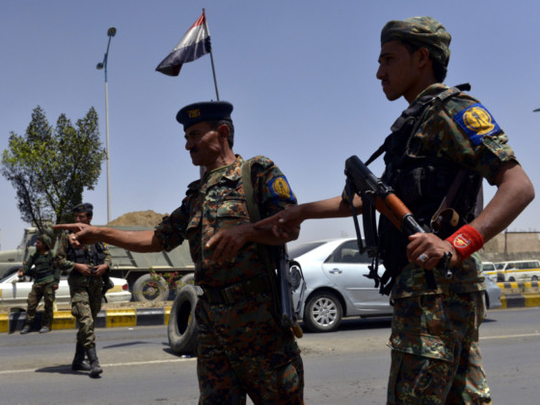
Aden: Police shot dead a protester in the historic southeastern Yemeni city of Tarim during a demonstration on Monday against a national dialogue that opened in the capital, an activist said.
The protester was killed “by police gunfire during clashes with demonstrators protesting against the dialogue”, Southern Movement activist Fouad Rashid told AFP.
Another activist was wounded while police arrested four others in the town located in the southeastern Hadramout province, said Rashid.
The protests come as Yemen, the only country where an Arab Spring revolt led to a negotiated settlement, launched on Monday a UN-backed national dialogue, which is to run for six months.
Hardline members of the Southern Movement are boycotting the dialogue, which is to pave the way for the drafting of a new constitution that will lead to legislative elections.
They have urged their supporters to observe a day of “civil disobedience”, in a call responded to by many people in cities across the south, which was an independent state until 1990.
In the main southern city of Aden, hundreds had camped the night at Al Arood square in Khormaksar district waving flags of former South Yemen.
“No dialogue, yes independence,” they chanted early on Monday waving portraits of South Yemen’s former president Ali Salem Al Baid, whose faction insists on full southern secession.
They also waved portraits of the head of the Southern Movement’s Supreme Council Hassan Baoum, the most powerful faction of the alliance which is also boycotting the dialogue.
Police, deployed around the area, did not intervene in Aden. But witnesses said that policemen and southern gunmen traded gunfire in Mukalla, Hadramout’s provincial capital.
The national dialogue brings together 565 representatives of Yemen’s various political groups — from secessionists in the south to Zaidi Shiite rebels in the north, in addition to civil society representatives.
They aim to draft a new constitution and prepare for general elections in February 2014, after a two-year transition led by President Abd Rabbo Mansour Hadi, himself a southerner.



